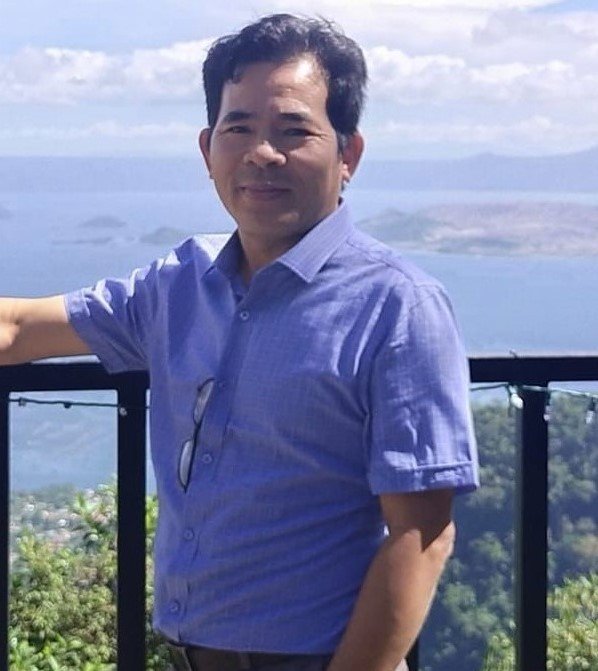 |
| Dr. Nguyen Khanh Trung believes that in the context of rapidly developing technology, education is forced to change. |
Educational reform still has many barriers.
Vietnam, like many countries in the world, is reforming education. Education reform or innovation is a necessary and natural need for every country. Because society is changing rapidly, especially with the continuous emergence of new technology, which has had a strong impact on many areas of life in recent times. Faced with this context, education must change if it does not want to be left behind.
Observing the current educational innovation, I see that Vietnam is trying to follow the path of developed countries in terms of content and educational practices in schools.
For example, the policy of a multi-textbook program, easing exams and scores to reduce pressure on students, increasing the choice of lower-level subjects in schools such as the recent selection of textbooks (Circular 27/2023/TT-BGD-DT).
Many developed countries have similar educational practices with a goal of training people to be autonomous, autonomous in intelligence, emotions, morality and physicality so that young people can confidently enter life, have the ability to take care of themselves and serve society. That goal is the result of many philosophical and educational thoughts over the centuries from JJ Rousseau, E Kant to M Montessori and many other prestigious educators, it is also completely consistent with the natural nature of humans and society.
Therefore, I supported this innovation from the beginning but also worried that this process would not go to the end, would fall into a state of confusion and many problems, the education system would be constantly changed but would not reach the destination. Perhaps, our target is not clear, the resistance from the habits in thinking and action of the whole society in general and each subject in the education system in particular is too great. The ideology of valuing degrees still exists, deeply rooted in the thinking of many people.
In any country, educational institutions never exist independently but are always "offspring", a part of the overall society, always organically connected, interacting, and influencing other institutions. Therefore, to understand thoroughly, to successfully reform education, it is necessary to learn and change many things, from other institutions outside of education and vice versa. I was very impressed with the slogan posted on the cover of the French Pedagogical Magazine : "Change society to change schools, change schools to change society".
We learn and innovate education in the direction of developed countries. But the general education goal of many developed countries is to train citizens suitable to live, work, develop and protect their democracy. That goal is completely appropriate and harmonious, expressed consistently and coherently from the constitution, education law to sub-law documents and permeates every subject in the education system.
Meanwhile, our education system is different from these countries. The current education law stipulates that one of the tasks of general education is to “form the personality of Vietnamese socialist people and civic responsibility”. The ideology of valuing degrees still exists, deeply rooted in the thinking of many people...
Need to prepare new generation of teachers
Habitus is a big concept in Pierre Bourdieu's theory, there are collective habits of an entire society and habits of each individual. Habitus is the habits, habits in thinking and acting, what has been deeply rooted for a long time... The old way of thinking and practicing in education in our country has existed for a long time, has created stable standards, and has become a collective consciousness in the whole society. Therefore, it is not easy to change this habitus without a persistent and long-term reform program, led by educational reformers who can see through the problem and have the capacity.
The current educational reform still has many barriers, how can we change our habits just by instructions, by short training sessions. Naturally and understandably, individuals will return to their old ways when the policies and movements fade away. This is another important obstacle of educational reform that exists in each subject of the system.
For example, Finland has successfully implemented educational reforms. They put teachers at the center, as the subjects of reform. Before issuing the educational reform program, their schools and pedagogical faculties had reformed many years before. They prepared a team of quality teachers, these teachers initiated, called for, and encouraged the whole society to reform education.
Looking back, we have not prepared a new generation of teachers, and have not installed a “new operating system” in key school subjects. In fact, teachers must also change because the educational reform will not be smooth and successful with old people who are afraid of change.
Education is the path that brings individuals into society, the institution that creates human resources for society. Whether a country can develop or not, how fast or slow it develops depends on how that path is designed. Any country that owns an education system that creates an environment that helps each individual develop their available abilities to the best of their ability will develop that country.
Children have the same rich learning and creative abilities, the rest depends on the education system of each country. Vietnam is better than many other countries in that it has a strong young force, the rest is how our education system must change and innovate to create quality "educational products" that are adaptable and adaptable to the times, while at the same time promoting the capacity of future young generations.
| Dr. Nguyen Khanh Trung is an educational researcher, author of the book Vietnamese and Finnish Education; translator of the book series How to Study Now?. |
*The article expresses the author's opinion.
Source




![[Photo] Prime Minister Pham Minh Chinh chairs meeting to deploy overcoming consequences of storm No. 10](https://vphoto.vietnam.vn/thumb/1200x675/vietnam/resource/IMAGE/2025/10/3/544f420dcc844463898fcbef46247d16)
![[Photo] Students of Binh Minh Primary School enjoy the full moon festival, receiving the joys of childhood](https://vphoto.vietnam.vn/thumb/1200x675/vietnam/resource/IMAGE/2025/10/3/8cf8abef22fe4471be400a818912cb85)










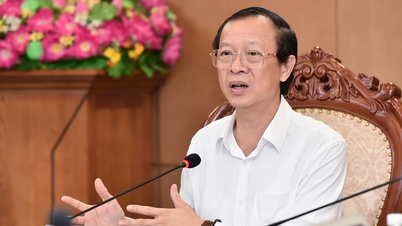




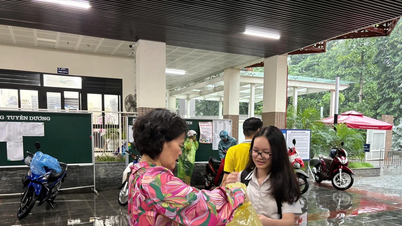




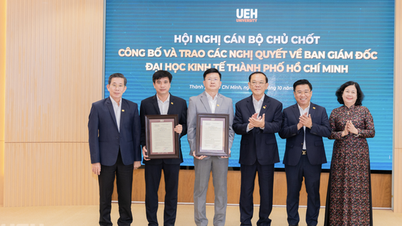




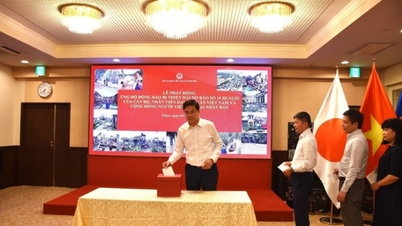
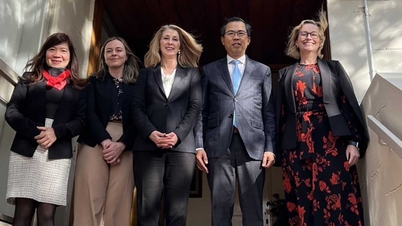

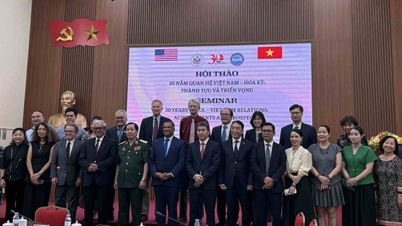
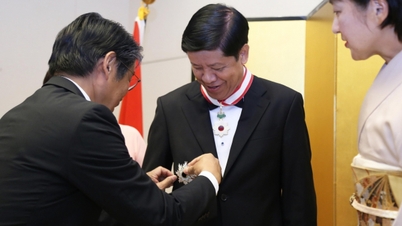
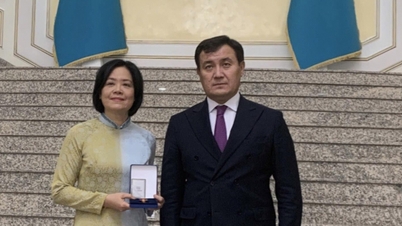

















































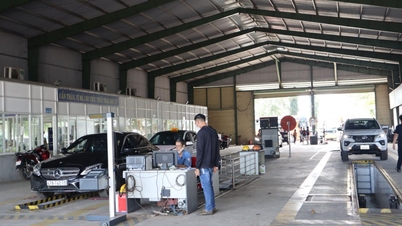
















Comment (0)